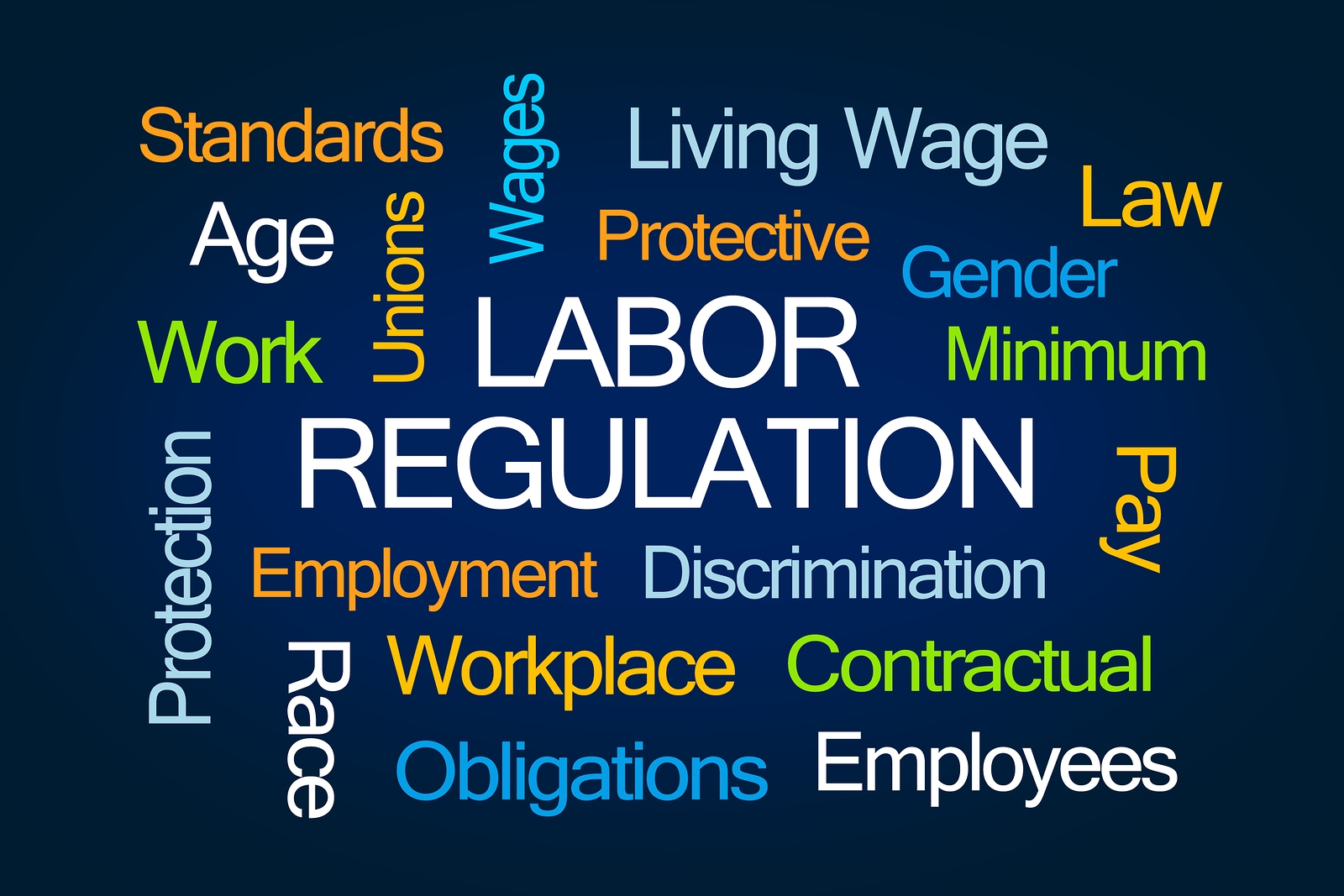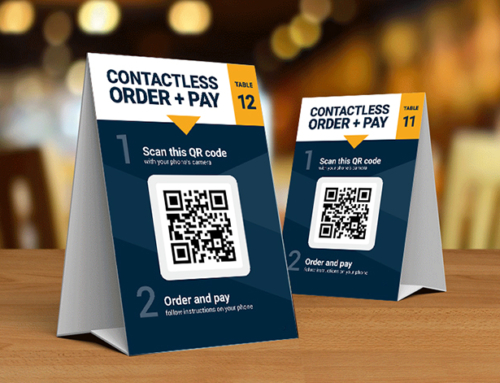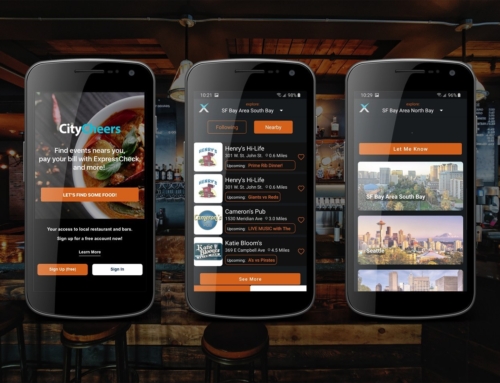As we prepare to ring in the New Year, restaurateurs will need to pave way for 2018 changes to labor laws that will affect their establishments. Specific to Washington state, Initiative 1433 raises the minimum wage and contains important language regarding tips and service changes. The federal I-9 Employment Eligibility Verification has also been revised to better authenticate an employee’s authorization to work in the United States. Here’s what you need to know about both to start your new year off without a hitch.
What’s Changing in 2018 Under the Washington Initiative 1433
What: The initiative developed by the Department of Labor and Industry enforces new requirements to minimum wage and paid sick leave in the state of Washington.
Minimum Wage
When: The minimum wage increase plan took effect in January of 2017, and it includes annual increases over the next three years taking minimum wage to $11.50 in 2018, $12 in 2019, and $13.50 in 2020. Some cities like Seattle, Tacoma, and the City of SeaTac, may currently have higher rates than the state mandated rates, in which case, the higher rates apply. The overall goal is that by January 1, 2020, minimum wage rates will be above $13.50 per hour and wage increases to that amount will be calculated annually through a formula tied to the rate of inflation and mandated by the Department of Labor and Industry.
What does this mean for tips and service charges?
The initiative states that these charges must be paid to employees and that tips and service charges may not offset the minimum wage requirements.
Paid Sick Leave
When: Starting January 1, 2018, per the Washington Initiative 1433, all employers in Washington must provide their employees with paid sick leave.
Who is eligible?
Paid sick leave must accrue at a minimum of one hour per every accumulative 40 hours worked, so part-time and seasonal workers would be included in this regulation. Any employee who has worked more than 90 days is entitled to paid sick leave. Forty hours or less of accrued paid sick leave must be carried over to the following year.
How can it be used?
Under the Washington Initiative 1433, employees can use their accrued sick time to care for themselves or a family member, when closures of school or child care leave the employee without an alternative or for absences that fall under Washington State’s Domestic Violence Leave Act.
I-9 Employment Eligibility Verification
Form I-9 is used for verifying the identity and employment authorization of individuals hired for employment in the United States. All U.S. employers must ensure proper completion of Form I-9 for each individual they hire for employment. Recent changes to the form have allowed for:
- “Other last names used” rather than “other names used,” and streamlines certification for certain foreign nationals.
- The ability to enter multiple preparers and translators.
- A dedicated area for including additional information rather than having to add it in the margins.
- A supplemental page for the preparer/translator.
Employers are responsible for having their employees complete Section 1 of the form on the first day of work, and then they have no more than three days to complete and submit Section 2.
Penalties for failure to complete and verify authorization, store and retain the I-9 and supporting documentation or to discriminate in application of the law can be steep and accelerate with the number of violations.
How Can Restaurateurs Manage these Regulations?
It can be a complicated process to make sure you are in compliance with the Washington Initiative 1433, federal I-9 Employment Eligibility Verification, and all other current and future mandates.
Evergreen Point of Sale can help. We provide a solution, Heartland Payroll, which can track your employee hours, accrued paid sick leave, and store I-9 documentation. Contact us to learn how Heartland Payroll can start your new year off right.






